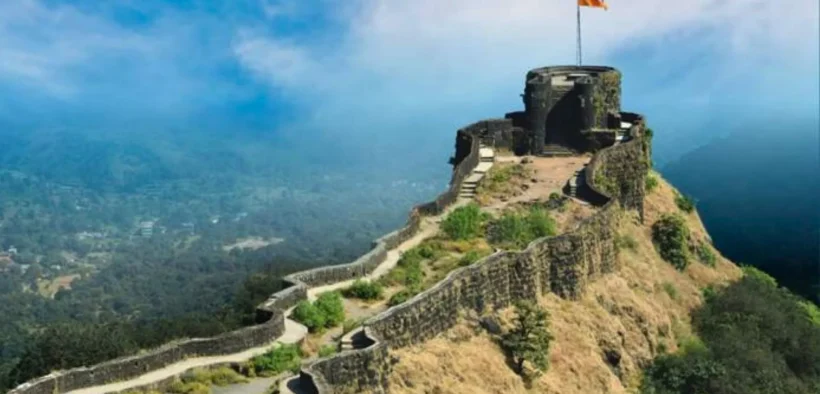India achieved a significant heritage milestone on July 11–12, 2025, when UNESCO formally inscribed the Maratha Military Landscapes of India during the 47th session of its World Heritage Committee in Paris.
Advertisements

This addition comprises a network of twelve forts—eleven in Maharashtra (Salher, Shivneri, Lohagad, Khanderi, Raigad, Rajgad, Pratapgad, Suvarnadurg, Panhala, Vijaydurg, Sindhudurg) and one in Tamil Nadu (Gingee Fort).
These forts, built or expanded between the 17th and 19th centuries, exemplify the Maratha Empire’s architectural brilliance and strategic military systems. They were designed to harness their diverse geographical contexts—from hilltops and plateaus to coastal islands—for defence and control. The ensemble was inscribed under UNESCO criteria (iv) and (vi), honouring its outstanding architectural testimony and historical significance.
Nationwide, it’s now India’s 44th UNESCO site. With this, India climbs to sixth globally and second in the Asia-Pacific in the number of heritage listings.
✅ Why It Matters
-
Unified legacy: It’s the first time India has successfully secured a serial inscription of multiple heritage sites united by a singular historical narrative, rather than stand-alone monuments.
-
Cultural politics: The move has sparked celebrations across Maharashtra—including events by political leaders treading on Marathi pride—especially timely ahead of local polls.
-
Conservation drive: In Nashik’s Salher region, authorities have launched a 10-year conservation plan that includes surrounding forts and villages, aiming to boost tourism infrastructure and protect heritage value.
-
Socio-local concerns: Some residents living near Panhala Fort have voiced fears of displacement amid the new administrative boundaries; officials have assured no forced relocations while promising infrastructure upgrades.
📋 Heritage Summary
| Feature |
Description |
| Inscription Date |
July 11–12, 2025 |
| UNESCO Session |
47th World Heritage Committee, Paris |
| Number of Forts |
12 forts (11 in Maharashtra, 1 in Tamil Nadu) |
| Historical Period |
17th–19th centuries |
| Criteria |
(iv) Architectural value; (vi) Historical-cultural ties |
| Significance |
India’s 44th World Heritage site |
Prime Minister Modi, Culture Minister Gajendra Singh Shekhawat, and Maharashtra Chief Minister Devendra Fadnavis lauded the inscription for affirming India’s civilisational legacy. The Maratha Military Landscapes now stand not merely as monuments but as a tribute to enduring strategic vision, resilience, and a living tradition etched in stone.

